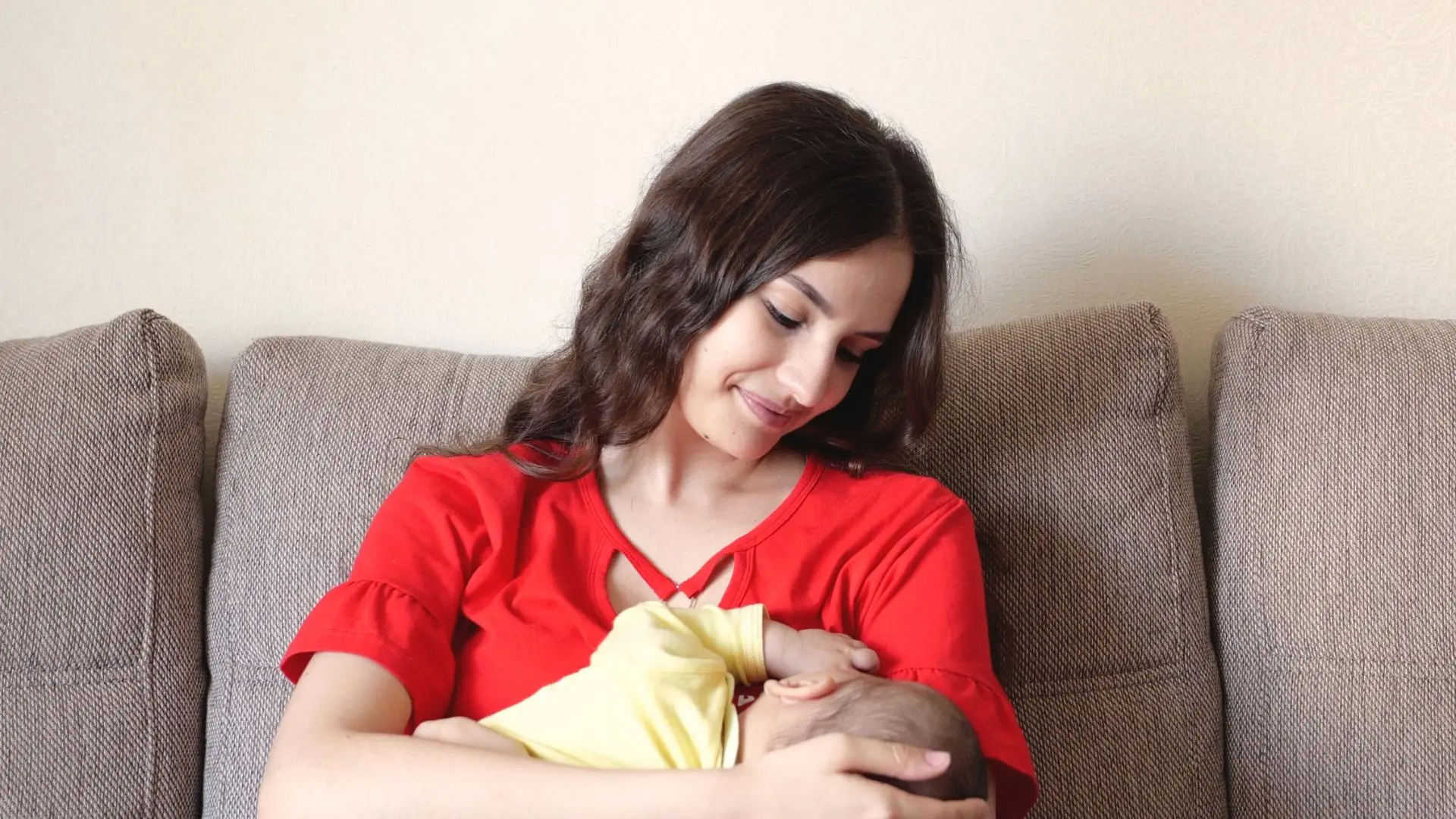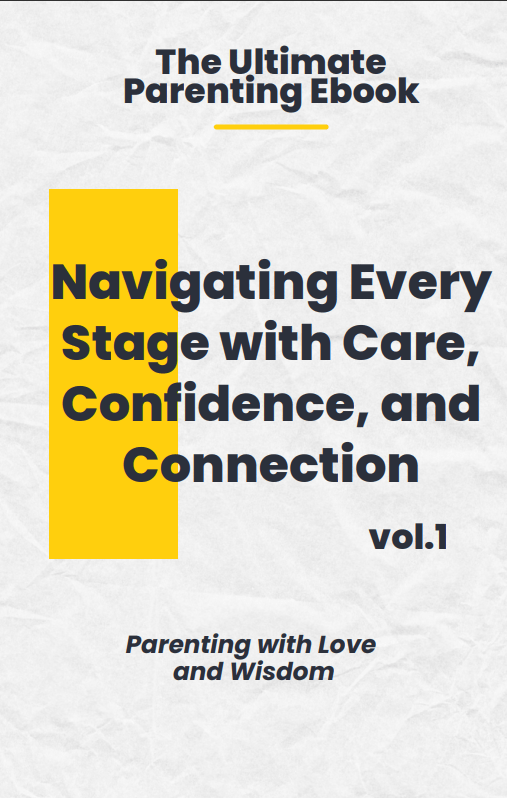Don’t make tantrums worse! Explore effective ways to handle Toddler Tantrums and Meltdowns without escalating your child’s frustration. Stay calm and consistent.

Toddler Tantrums and Meltdowns are often overwhelming for parents, and it’s natural to feel frustrated when your child is throwing a fit. But sometimes, without realizing it, parents unintentionally make it worse.
In This Blog
ToggleHow Parents Worsen Toddler Tantrums and Meltdowns
Understanding these missteps can help you manage these challenging moments more effectively and support your child through their big emotions.
1. Raising Your Voice or Showing Frustration
When your toddler is in the midst of a meltdown, it’s easy to lose your patience. However, reacting with anger or frustration only adds fuel to the fire. Toddler Tantrums and Meltdowns often occur because the child feels out of control, and if you raise your voice, it reinforces that chaos. Staying calm is crucial to de-escalate the situation.
Instead of yelling, take a deep breath and lower your tone. Speak calmly and slowly. This models self-regulation for your child and helps them feel safer. For example, saying, “I understand you’re upset, but let’s try to calm down together,” can be much more effective than shouting, “Stop it right now!”
2. Inconsistent Rules and Boundaries
Children thrive on routine and consistency. When rules are enforced one day but not the next, it sends mixed signals, making Toddler Tantrums and Meltdowns more frequent. If your child doesn’t know what to expect from you, they might act out to test the boundaries.

Set clear expectations and stick to them. For instance, if you’ve established that your toddler needs to clean up their toys before watching TV, enforce that rule consistently. If you’re firm and predictable, your child is less likely to throw a tantrum when they know the rules are non-negotiable.
3. Using Physical Punishment
Physical punishment, like spanking, can escalate Toddler Tantrums and Meltdowns rather than stopping them. While it might seem like an immediate solution, physical punishment often leads to more aggressive behavior in children because it teaches them that hitting is an acceptable way to deal with frustration.
A better approach is to focus on teaching rather than punishing. For example, instead of spanking your child for hitting another child, say, “We don’t hit because it hurts others. Let’s use our words to say how we feel.” This teaches emotional intelligence and problem-solving skills rather than reinforcing aggression.
4. Ignoring Common Triggers
Every child has specific triggers that can lead to Toddler Tantrums and Meltdowns. Whether it’s being hungry, tired, overstimulated, or frustrated, ignoring these triggers will allow tantrums and meltdowns to happen more frequently. It’s important to recognize and address these triggers before they result in a meltdown.

For example, if you notice your toddler gets cranky before nap time, be proactive. Start a calming activity like reading or playing soft music to help them wind down. Recognizing and addressing the trigger before the meltdown happens can prevent a lot of unnecessary stress.
5. Negative Labeling of Your Child
It’s easy to become frustrated and label your child as “bad” or “naughty” when they’re having a tantrum. But negative labels don’t help and can actually make Toddler Tantrums and Meltdowns worse. When children hear these labels, they begin to internalize them, which can damage their self-esteem and worsen their behavior.
Instead of labeling the child, focus on the behavior. Say something like, “Throwing your toys isn’t okay. Let’s find a better way to express your frustration.” This keeps the focus on the action, not the child’s character, helping them understand that their behavior can change without damaging their sense of self-worth.
6. Overloading with Activities and Stimulation
In our fast-paced world, it’s easy to pack a child’s day with activities, whether it’s playdates, errands, or outings. But too much stimulation can overwhelm your toddler and lead to Toddler Tantrums and Meltdowns. Overloading them with busy schedules leaves little room for downtime, which is essential for them to process their emotions.
Ensure your child has enough quiet time in their day to unwind. For instance, after a morning playdate, allow time in the afternoon for independent play or quiet activities like drawing. This balance helps your toddler feel less overwhelmed and more in control of their emotions.
7. Minimizing or Invalidating Their Feelings
It’s tempting to brush off your child’s emotions by saying things like, “You’re fine,” or “There’s no reason to be upset.” However, minimizing their feelings can exacerbate Toddler Tantrums and Meltdowns because it makes them feel unheard and misunderstood.
Instead, acknowledge their emotions and validate their experience. Try saying, “I see you’re upset because we have to leave the park. It’s hard to stop playing when you’re having fun.” This shows your child that you understand their feelings and are there to support them.
8. Using Sarcasm or Belittling Remarks
Sarcasm or belittling comments can confuse or hurt your toddler during a tantrum. Children, especially toddlers, often don’t understand sarcasm, and using it during Toddler Tantrums and Meltdowns can make them feel misunderstood or humiliated, intensifying the emotional outburst.
For example, saying, “Oh, sure, crying will definitely get you what you want,” might seem like a way to diffuse the situation, but it only creates more frustration. Try saying something like, “I understand you’re feeling frustrated because the toy isn’t available right now, but you’ll have a chance to play with it later.”
9. Encouraging Emotional Suppression
Teaching your child to “stop crying” or “keep it together” during a tantrum might seem like a solution, but it only leads to emotional suppression. This bottling up of emotions often results in even bigger Toddler Tantrums and Meltdowns later because those feelings haven’t been properly processed.
Encourage your toddler to express their emotions in a healthy way. Instead, You might say, “It’s alright to feel upset. Let’s discuss it together.” This helps them understand that emotions are natural and it’s healthier to express them rather than keep them inside.
10. Overreacting to Small Misbehaviors
Sometimes, parents tend to overreact to minor misbehaviors, which can make Toddler Tantrums and Meltdowns worse. If every small issue is treated like a big deal, children might feel overwhelmed and react with more tantrums.
Save the big responses for significant issues. For smaller behaviors, like your toddler refusing to share a toy, try a gentler approach. You might say, “Sharing is hard, but it’s important to take turns.” This calm response prevents small issues from escalating into full-blown tantrums.
Conclusion
By avoiding these common parenting pitfalls, you can better manage Toddler Tantrums and Meltdowns and help your child navigate their big emotions. Remember, tantrums and meltdowns are a normal part of development, but how you respond can make a world of difference in how often and how intense they become.
What challenges have you faced with Toddler Tantrums and Meltdowns? Share your thoughts or ask a question in the comments.
You may also be interested in : Parenting A Child Who Has Intense Emotions: 23 Expert Tips




